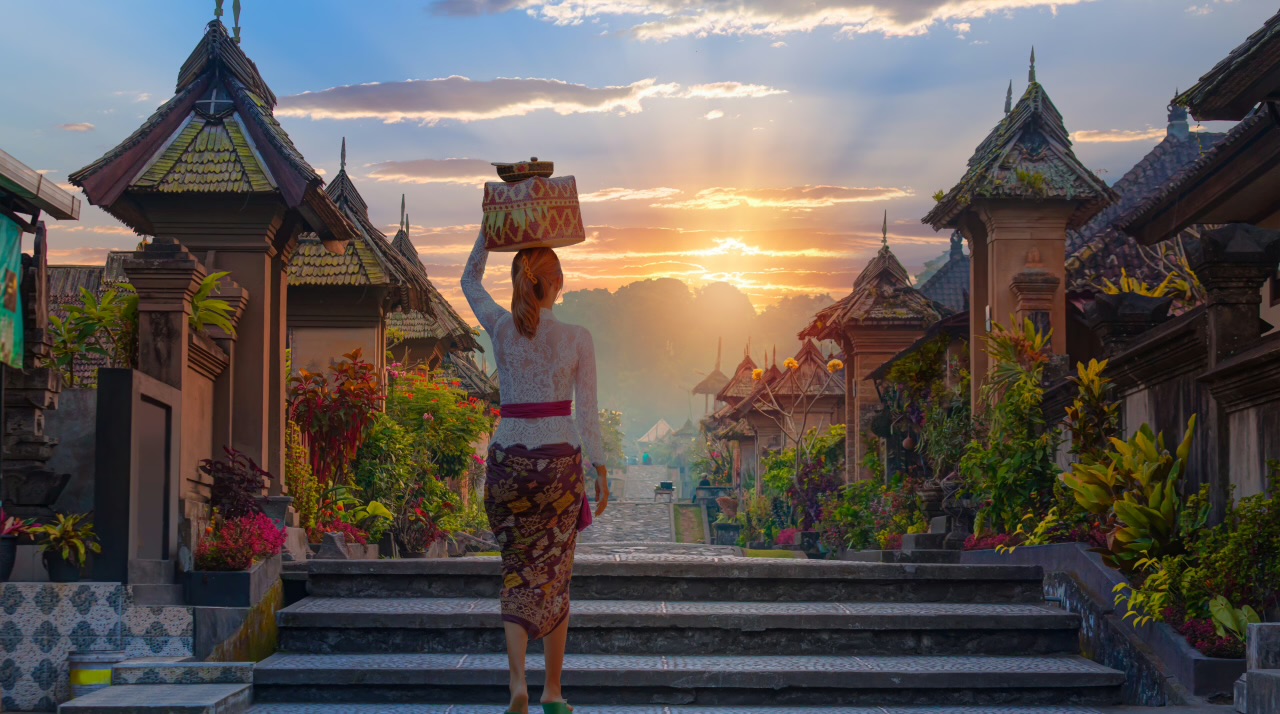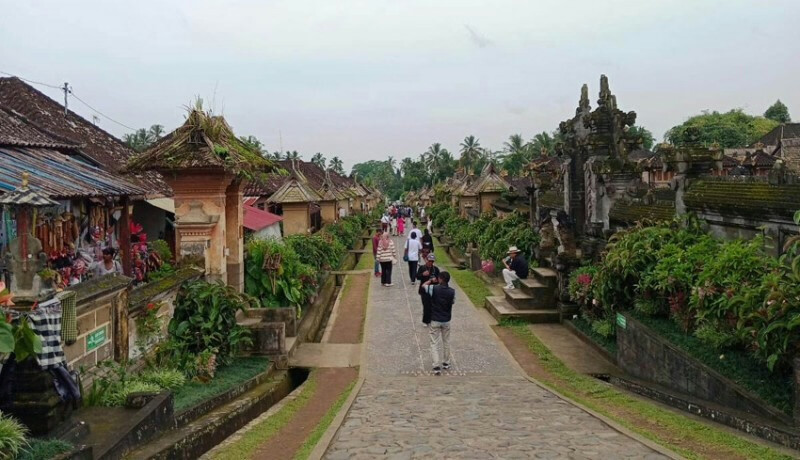Panglipuran Village in Bali has received the Kalpataru Lestari award ('second star' of the main environmental award) from Indonesia's Ministry of the Environment. This is recognition for decades of work by local residents to preserve nature. Previously, the village was listed among the world's best tourist villages according to the UN.

The village received its first Kalpataru in 1995 for saving bamboo forests. Of its 112 hectares, 45 are covered by bamboo forests. 'Bamboo not only feeds families but also purifies the air, creating a special atmosphere for guests,' says community leader Wayan Budiarta. Sustainable forestry has become the foundation of the local economy.
Panglipuran's experience has inspired regional authorities: as part of the Bali Clean Waste Movement, 636 villages have abandoned single-use plastic.
Life in Panglipuran
- Tri Hita Karana in practice. The village is built according to the concept of Tri Mandala: Utama Mandala - the temple area; Madya Mandala - residential homes in a unified Balinese style along the main street; Nista Mandala - cemetery grounds.
- Traditions and rules. Residents follow written (avig) and unwritten (dresta) laws; polygamy is prohibited. Smoking inside the village is banned, and motorized transport is not allowed.
- Cultural heritage. An annual festival sustains crafts and rituals; Galungan, Kuningan, and Nyepi are celebrated especially festively.
Tips for Tourists
Panglipuran welcomes thousands of guests daily, but its true beauty is revealed at dawn and dusk when the bamboo groves are bathed in golden light and the streets are empty and silent.
The village proves that ecology and tourism are compatible, and sustainable development can bring both income and environmental benefits.
Source: Kompas, Balitribune

You can add one right now!